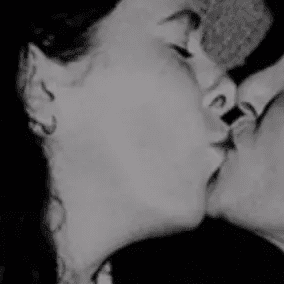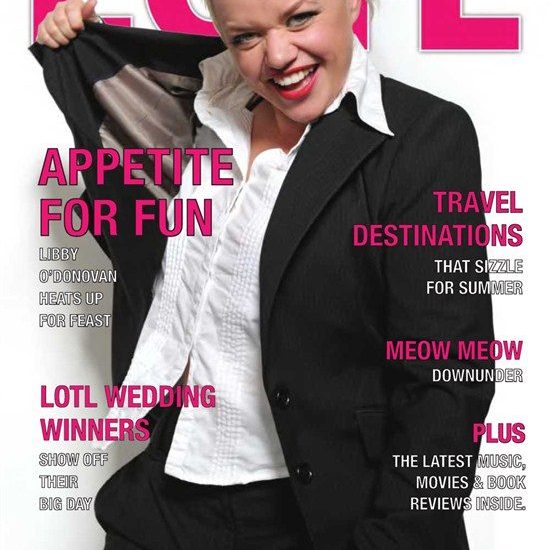6
 Bobbie Birleffi and Beverly Kopf’s Wish Me Away is an award-winning documentary film about country music singer, Chely Wright, and her struggle to self-disclose her ‘true voice’.
Bobbie Birleffi and Beverly Kopf’s Wish Me Away is an award-winning documentary film about country music singer, Chely Wright, and her struggle to self-disclose her ‘true voice’.
In May 2010, Wright became the first major country music artist to publicly come out as gay.
Wish Me Away was filmed over a period of three years and lays bare Wright’s struggle via her own private video diaries and interviews with family and friends.
Her management team, book editor and spiritual advisor also feature heavily as the date of her coming out publicly looms closer. Reckoning that it’s better to be blatant than latent, Wright finally takes the plunge, which creates a ripple effect across Nashville, her hometown and the LGBT community.
It seems that country music fans are loyal to an artist until they feel betrayed and Wright’s coming out as gay (and Christian) was the ultimate deception.
Believing that her dazzling career was a God-given consolation prize for suppressing her innate orientation, Wright committed to a lifetime of hiding while worshiping at the mother church of country music, Nashville. The charade soon took its toll. The abrupt ending of a 12-year relationship with another closeted woman was just one of many consequences of the musician’s denial.
Wright’s courage to untangle herself from her own self-made image, a persona steeped in long-standing ideals and notions about who, and what, a country artist should be, makes for a raw and deeply affecting film.
With heartbreaking ‘highlights’ including agonizing stories of her less-than-ideal childhood and the unwavering support of her religious sister, it’s hard not to become entranced by Wright’s integrity, authenticity and determination.
From the anguishing criticism that Wright receives from her ‘fans,’ to her recollection of staring down the barrel of her own gun, the film is an important reminder that many queer people remain in circumstances that might require them to stay silent.
Amidst the not-so-heavy-handed melodrama, we are permitted behind-the-scenes access to Wright’s life as the performer shoots music videos, prepares for appearances and is consistently fussed over with make-up and hair extensions.
These scenes work in stark contrast with pleasing glimpses of Wright hitting the highway with her dogs, painting her apartment and wandering around New York. In these instances, Wright seems at her most comfortable and even reflects on the malleability of her own gender performance outside of country stardom.
It’s difficult not to root for the rebirth of Chely Wright. Still an outstanding performer, and more recently, a gay rights activist, she is now happily married to wife Lauren Blitzer and has just debuted two healthy twin sons.
Wish Me Away is a fascinating and inspirational account of coming out. As Wright knows all-too-well, professing to be a gay Christian usually requires a person to come out twice with the likely chance of facing homophobia in a largely heterosexual society and religiophobia in a biblically-scarred queer community.


